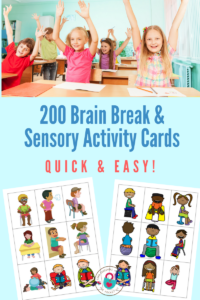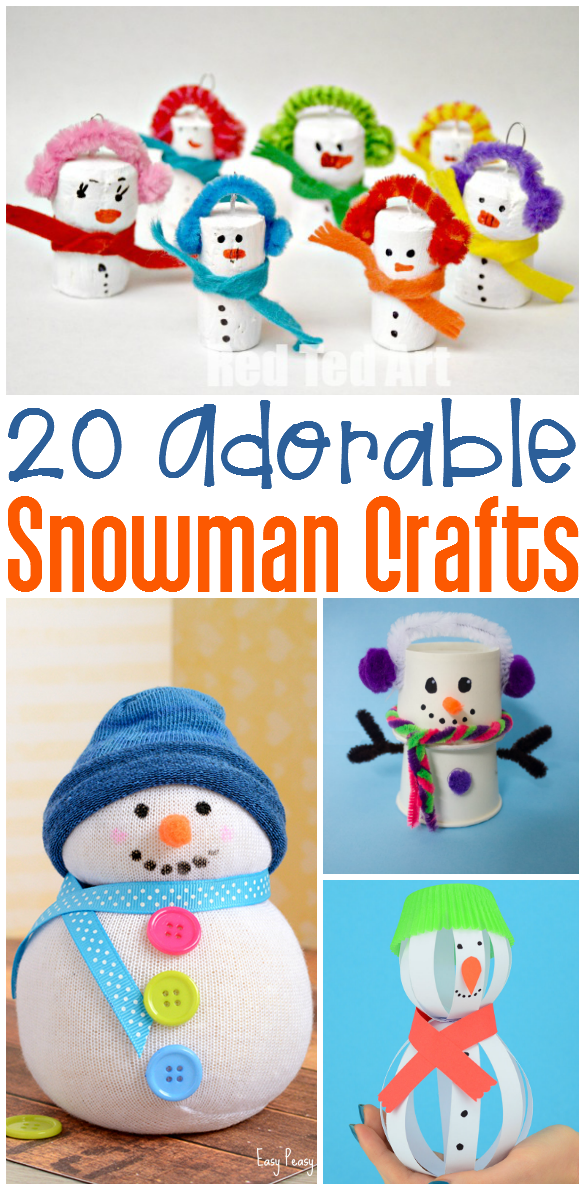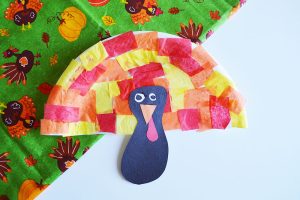Wow, the power of a visual is never more influential than watching the year change. If you’re in the US, you may watch a ball drop on the larger than life 2020 display in Times Square. The feelings are powerful as the end of a chapter in our lives ends and refreshes as the page turns toward a fresh and blank slate.
I’ve never been a fan of making huge resolutions which probably won’t be followed anyway. I feel pressured to make sudden and drastic changes and that feels as though I’m backed into a corner. The same may be true for you or your children. Consider your own goals and feelings toward making both long and short-term objectives. Do you feel anxiety, excitement, jump right in, or don’t know where to start?
Any decision made in life involves some risk. What is critical is knowing WHAT is important to YOU. That’s tough for some adults so how do we help children with this task?
1) Make a list of your strengths.
Knowing what you’re GOOD at doing helps you to create goals that will be meaningful and fun. Think about the things you enjoy doing and can do with success and build on them. Some examples may be: getting a higher rating in chess; raising your grades in a school subject that you enjoy but didn’t spend as much time studying last semester as you should have; making your favorite meal on your own.
2) Choose an area in which you would like to have more confidence.
Sometimes, we know we love something, but are too afraid to try the next step. Create a series or list of ‘baby steps’ to get to your destination. Write them down or draw them in a chart. I encourage the teens I work with to make a board game out of their goals and jump down the pathway in small steps.
3) Add physical movement to your day.
There’s always room for improvement in this area. You don’t have to lift 200 pounds or do 50 push-ups, just get outside and move around! Our brains need oxygen and frequent movement breaks in order to focus best. Movement breaks should be completed often and don’t have to be complicated. Check out my earlier post about adding movement and mindfulness to your day. The post contains a great article about the importance of movement. Make a goal to add an hour outside or of physical movement after school and before homework time. I promise, you will be able to focus AND sleep better too!
BONUS: To add movement to your day, add our 200 movement break and sensory activity card pack. Each has instructions and can be used in a small space. QUICK and EASY!

4) Get rid of ONE bad habit.
Trying to change too many things you don’t like about yourself or your routine can be overwhelming. Make a list of things you’d like to change and then cross off the things you know will be too difficult to do right now.
Ask yourself some of these questions:
-Do I eat too much fast food or pizza?
-Would I like to decrease my time watching TV?
-Do I play too many video games OR am I getting in trouble for playing video games too much?
-Do I go outside or exercise too little or not at all?
-Do I drink soda or sugary drinks every day?
-Do I help my family with household chores?
-Would I like to stop doing something?
When thinking about one of the things you would like to stop doing, try to limit it or decrease it slowly. For example, if you drink soda every day, try slowing down to every other day and then only on weekends, etc.
5) Make goals with a buddy.
Find someone who cares about you, a friend, or family member and talk about your goals. Make sure to ask them what their goals are too. Complete the goal-setting process together and make a point to ask each other regularly about the goal’s progress. I ask my students to make a mark on their calendars to remind them to check-in with their ‘goal buddy.’
I believe in YOU! You can do this and I’d love to hear about your goals and the progress you’re making. Make sure to comment and keep me posted.







